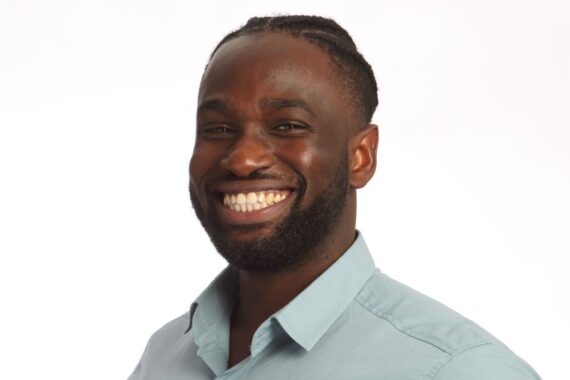Dr Kayode Oki takes a reflective look at what 2023 could have in store
When asked to write this piece, my first instincts were to review what sparked my interest in becoming a doctor; I wanted to see if my motivations and aspirations had stayed the same.
At 18, I said in my medical school application that my interest in medicine was ‘fortified by my desire to be part of a career that combines the art of science and people while combating diseases to make a real impact in people’s lives’. Ten years ago, the most obvious option to fulfil that desire was general practice – but since learning about the role politics plays in this art, I’m no longer so sure.
The scheme to roll out patients’ automatic access to their GP records dominated the end of 2022, and I fear it will play a big part in 2023. And it symbolises many of the issues in the profession.
I think back to my GP placements at medical school. I think about the vulnerable patients I saw. The ones at risk of abuse or in abusive relationships. The young people who have grown up seeing Dr X and built a great rapport with them. Now in their teens, they need confidential health advice away from the gaze of their parents.
I also think about how I would watch GPs make little notes to remind themselves of important milestones and events in their patients’ lives. But I fear this personal touch will be lost as patient lists grow bigger.
While technological solutions offer insulation against the potential risks of open access, there is a lack of faith in their effectiveness. Don’t get me wrong, technology can be great. But new tech is only as good as its users. A lot of work still needs to be done to ensure clinicians are documenting care encounters in a way that protects vulnerable individuals. This will be a key talking point this year.
Considering that general practices are the data controllers for their own patient population, I wonder how this will impact the way in which my generation perceives the profession: is the current GP partnership model still sustainable? Would we be better off as salaried GPs without having to worry about the stressful business and data-control side of things? Although not many of my F1 colleagues are aware of these changes, those in the know may choose medical careers less plagued with such burdens, or leave the profession entirely.
At 18, I knew healthcare was more than science and numbers. But I did not appreciate how political it was and the effect on my future aspirations.
I may be grown up now, but the spark still remains. I hope it stays that way.
Dr Kayode Oki is a foundation year one doctor in South Thames. This article first appeared in the January 2023 issue of Pulse














